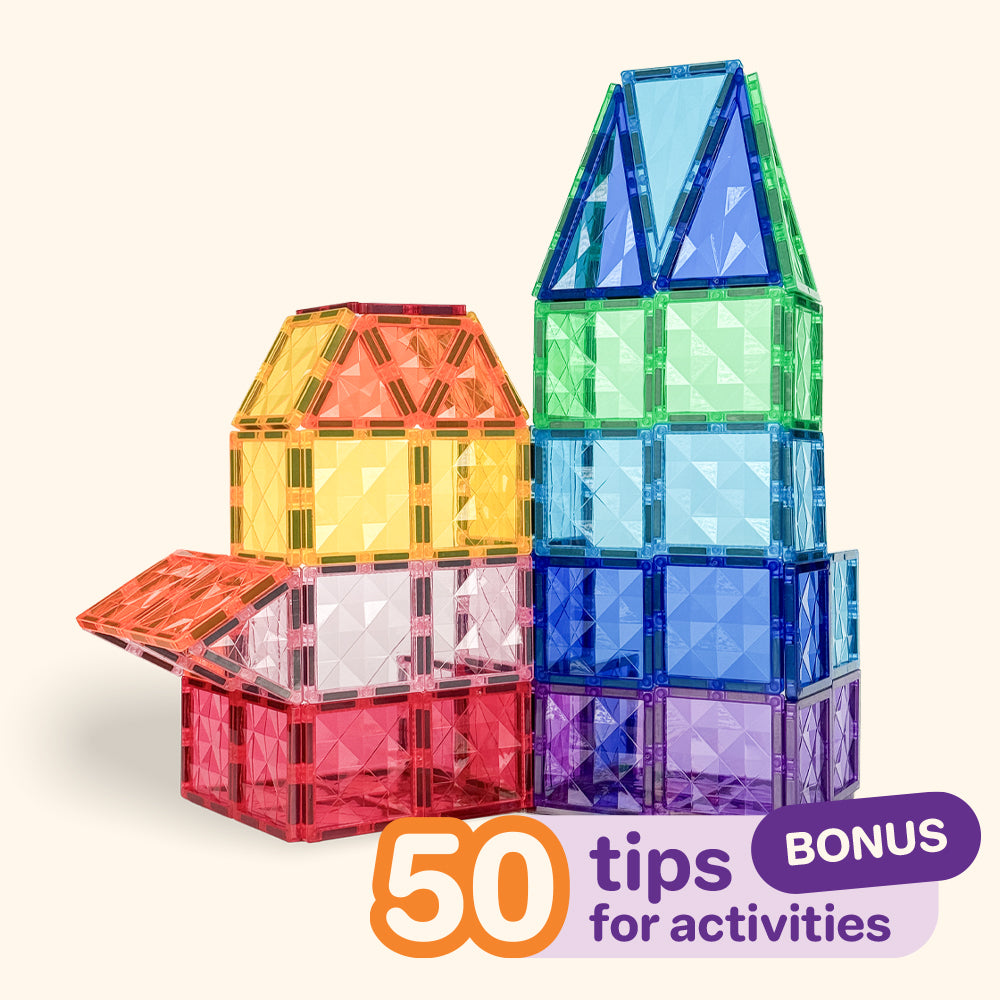
Building self-confidence in children - seven strategies
Share
Self-confidence and a positive approach to learning are integral to the children's emotional and spiritual well-being. Key aspects include recognising their accomplishments and cultivating an environment that nurtures the belief in their potential for growth through effort, learning, and determination. Here are seven strategies to aid children in strengthening their self-confidence and fostering a positive mindset.
- Focus on the process, not just the outcome
When praising children, focus on the effort they developed and the process leading to success. Acknowledge their hard work by expressing, "I see you tried so hard to succeed," instead of simply stating, "You are so skilful." These action-based statements reinforce the value of perseverance and dedication.
- Provide concrete examples
Move beyond generic praise by offering specific examples related to their accomplishments. Instead of a broad statement like "You are phenomenal," delve into details like, "Your drawing is fantastic! How did you come up with these colours?" Targeted praise directs attention to the particular activity, reinforcing its significance.

- Support problem solving
Empower children to engage in problem-solving when faced with difficulties. Highlight their efforts and determination by asking questions like, "I see there is a problem. How do you think we could solve it together?" This approach encourages autonomy and resilience when facing challenges.
- Create positive associations with learning
Praise not only the results but also the learning process itself. For instance, acknowledge patience by saying, "You were very patient while solving this task. Patience is an important part of learning."

- Encourage teamwork
Support group efforts and teamwork by praising not only individual success but also collaborative achievements. Emphasise the importance of working together towards a common goal.

- Positively recognise mistakes
Teach children that mistakes are a natural part of learning. Appreciate children for their efforts and courage to try something new, even if it doesn't work out. For example, say, "It is great that you tried. What did you learn?" This approach fosters a growth mindset.
- Educate children through play
Educational toys can be a means that not only develops various skills in children but also provides a space to praise and strengthen children’s self-confidence. For example, toys that support problem-solving, logical thinking and creativity can significantly contribute to children’s development. Incorporate educational toys into your children's everyday activities. Try to search for games supporting the abilities and interests of children and consequently boost children while appreciating their efforts and progress.


